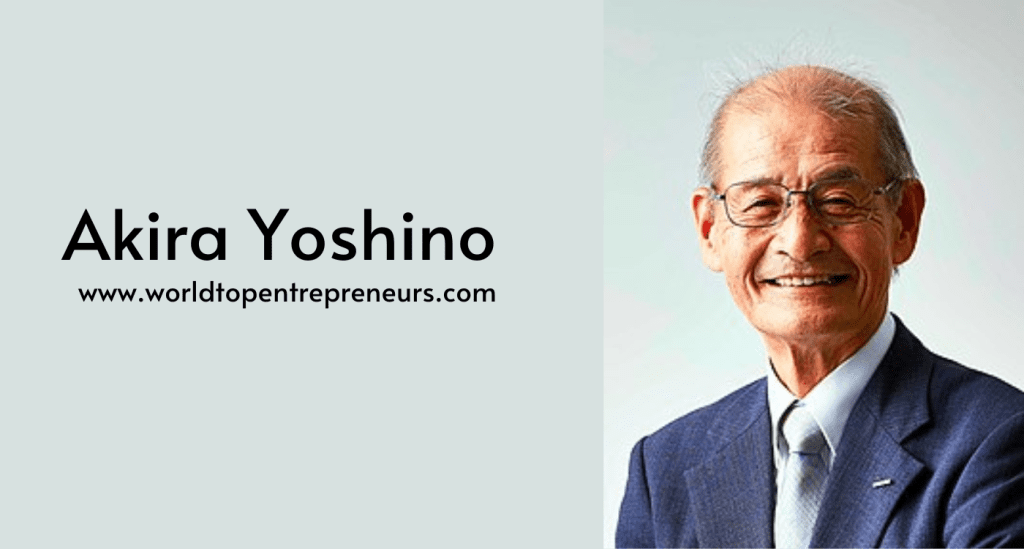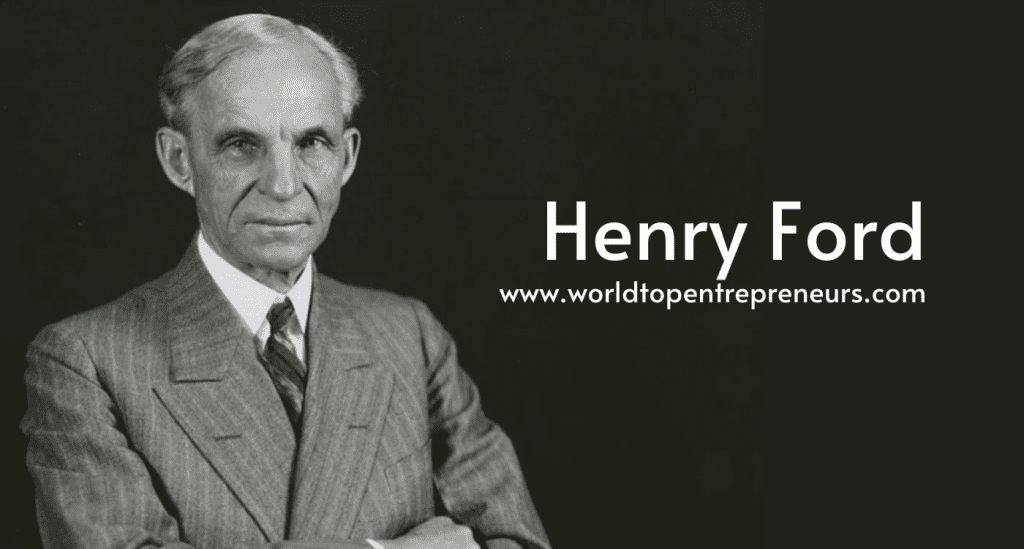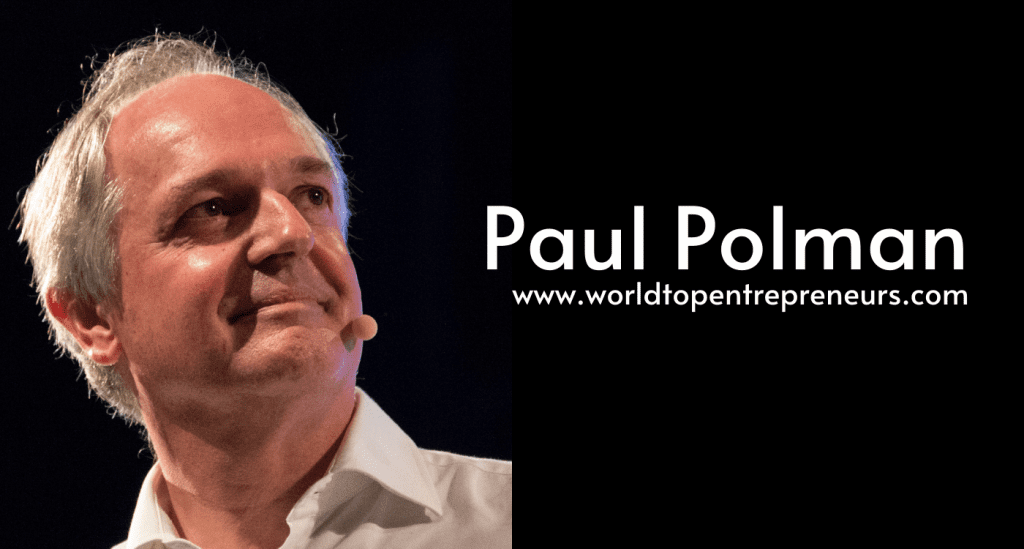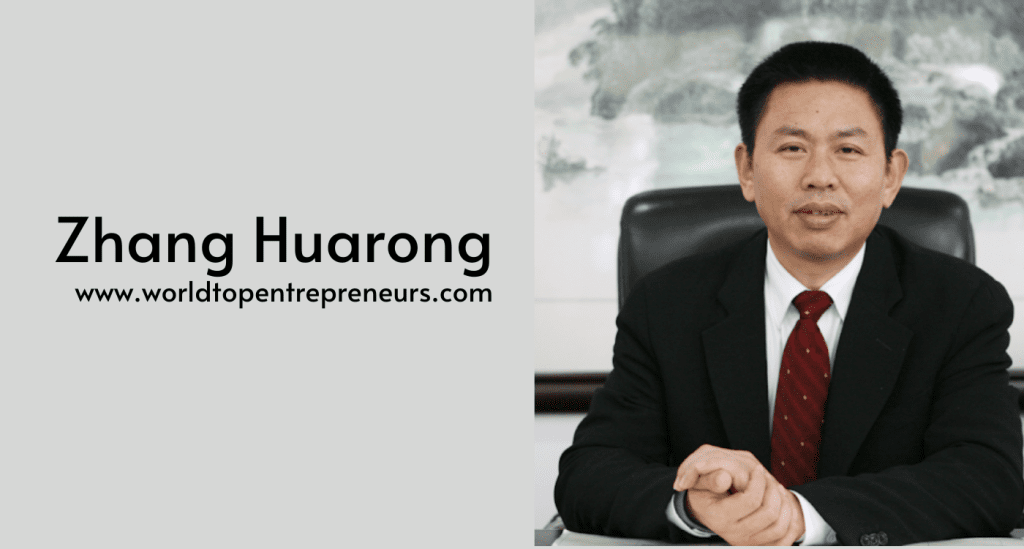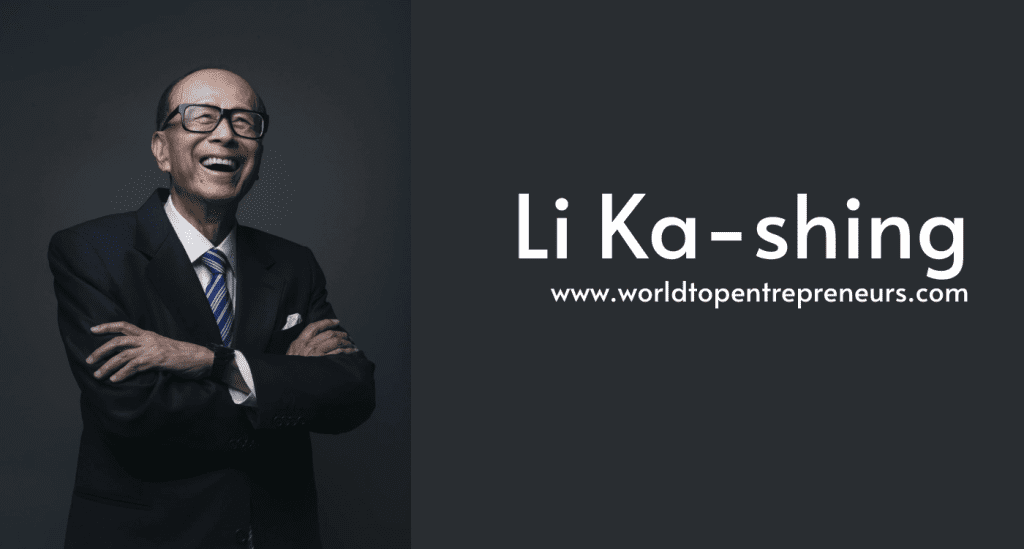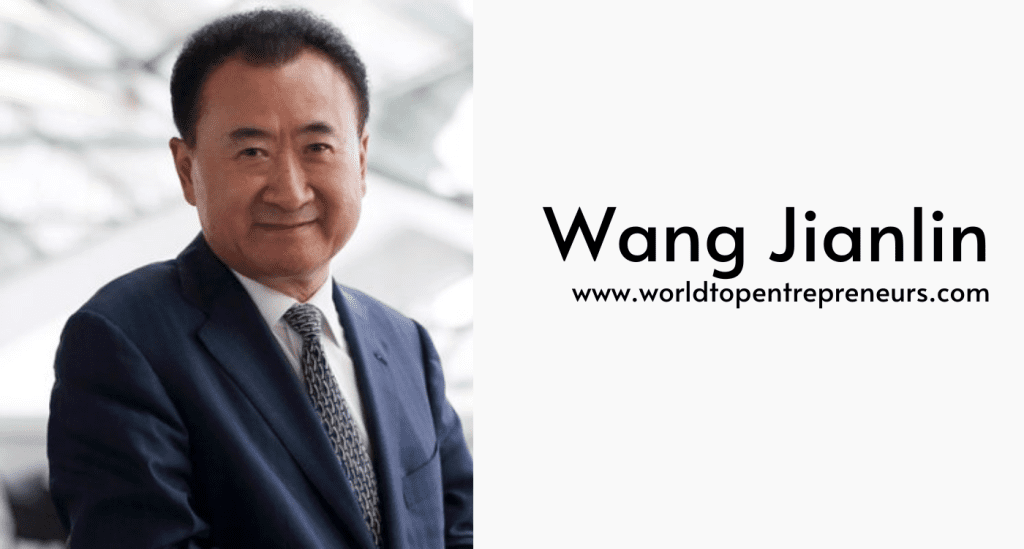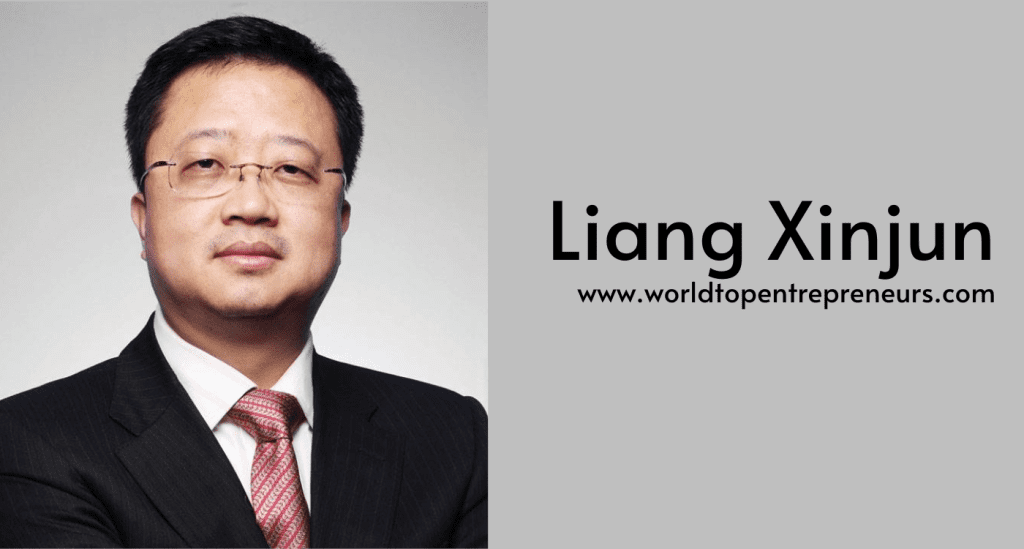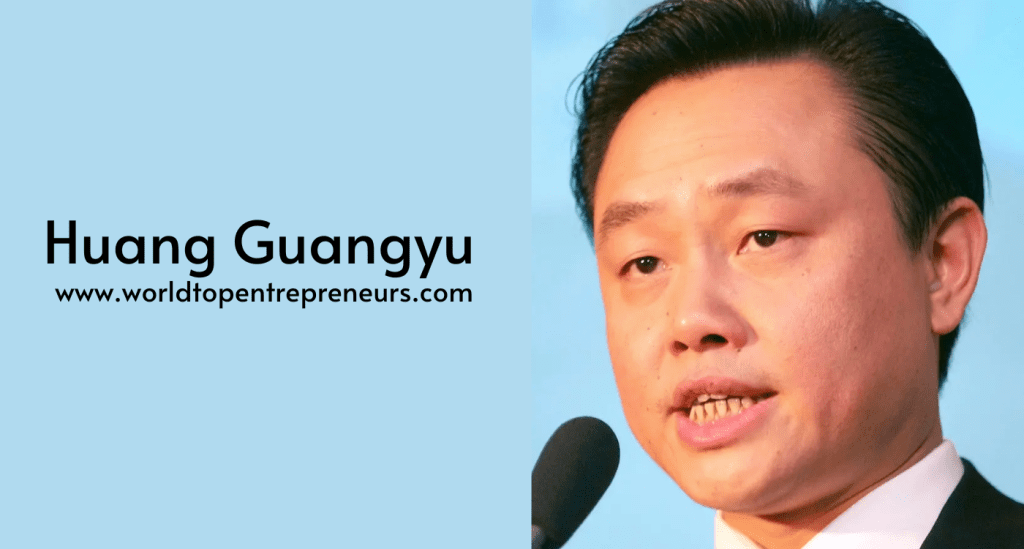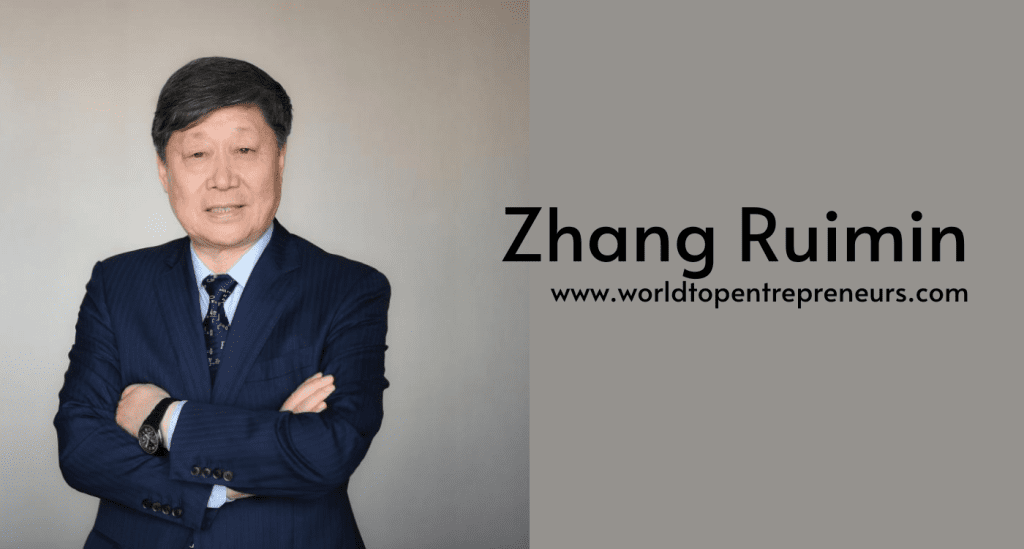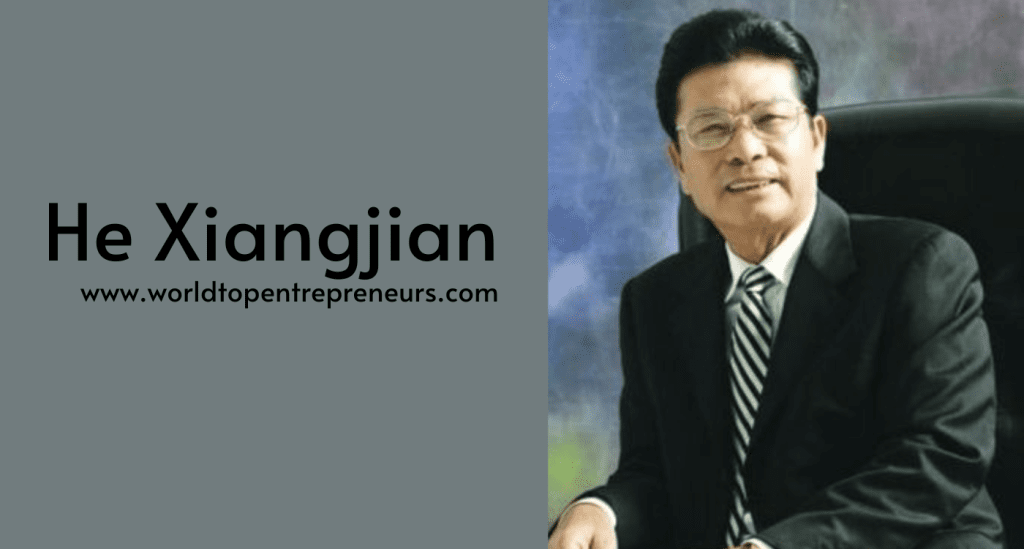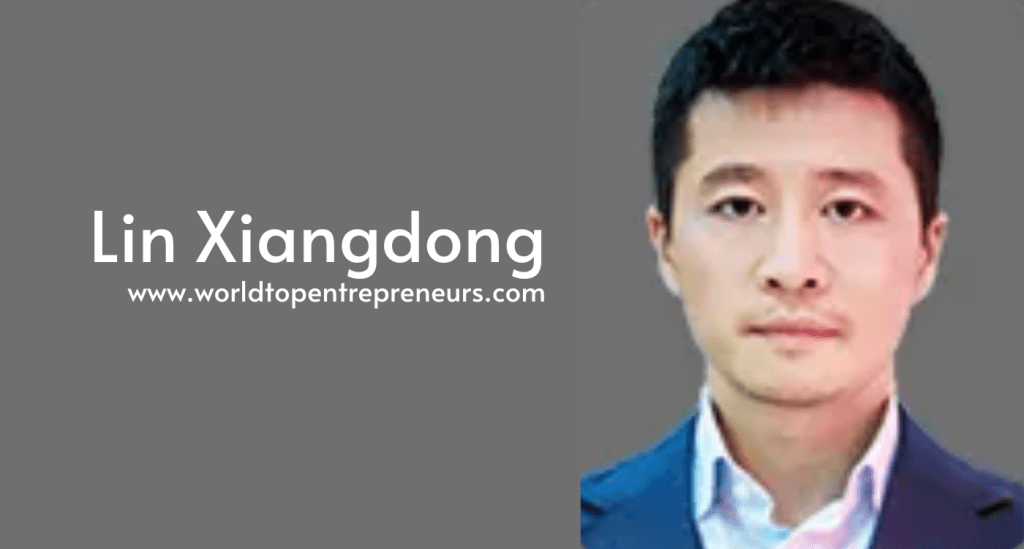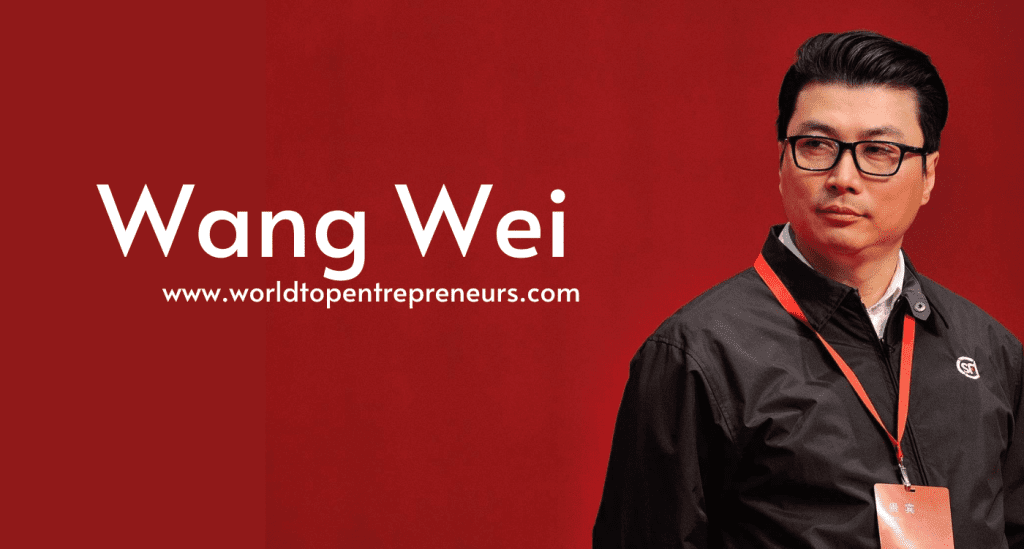In the rapidly evolving landscape of technology and industry, few innovations have had as profound an impact as the development of the lithium-ion battery. This breakthrough has powered the modern world, fueling everything from smartphones to electric vehicles, and paving the way for advancements in countless industries. At the heart of this revolution is Akira Yoshino, the founder of Asahi Kasei, whose visionary work in materials science and chemistry has transformed the way we live, work, and interact with technology.
Early Life and Academic Pursuits
Akira Yoshino was born in 1948 in Suita, Osaka Prefecture, Japan. From an early age, Yoshino exhibited a natural curiosity and a passion for understanding how things worked. This inquisitiveness led him to pursue studies in chemistry, a field that fascinated him with its potential to create new materials and solve real-world problems.
Yoshino attended Kyoto University, one of Japan’s most prestigious institutions, where he earned his undergraduate degree in petrochemicals in 1970. His academic journey did not stop there; he continued his education at the same university, earning a master’s degree in chemical engineering. It was during this period that Yoshino began to develop a deep interest in the emerging field of electrochemistry, particularly in the study of batteries and energy storage systems.
The Birth of Asahi Kasei
In 1972, shortly after completing his studies, Akira Yoshino joined Asahi Kasei, a Japanese company that was, at the time, primarily involved in the production of chemicals and fibers. Founded in 1931, Asahi Kasei had a reputation for innovation and quality, and Yoshino saw an opportunity to contribute to the company’s growth by applying his knowledge of chemistry and materials science.
Yoshino’s early work at Asahi Kasei involved research and development in the field of polymer chemistry. However, his career took a significant turn when he began to explore the potential of lithium-ion batteries. At the time, the idea of a rechargeable, lightweight battery with a high energy density was still in its infancy, and many in the scientific community were skeptical about its feasibility. Undeterred by the challenges, Yoshino set out to prove that such a battery could be developed and commercialized.
Pioneering the Lithium-Ion Battery
The journey to develop the lithium-ion battery was fraught with obstacles. The primary challenge was finding the right combination of materials that could provide the necessary energy density, stability, and safety for a rechargeable battery. Early attempts to use lithium metal as an electrode material proved problematic due to its tendency to form dendrites, which could cause short circuits and lead to battery failure or even explosions.
Yoshino’s breakthrough came in 1985 when he developed the first prototype of a lithium-ion battery using a carbon-based anode instead of lithium metal. This innovation significantly improved the safety and performance of the battery, making it a viable option for commercial use. The battery used lithium cobalt oxide as the cathode material and a carbonaceous material for the anode, which together allowed for a stable and reversible electrochemical reaction.
This pioneering work laid the foundation for the development of the modern lithium-ion battery, which has since become the standard for portable electronic devices. Yoshino’s invention was revolutionary because it provided a lightweight, high-energy-density power source that could be recharged multiple times without significant degradation. This made it ideal for use in a wide range of applications, from consumer electronics to electric vehicles.
The Impact on Technology and Industry
The impact of Akira Yoshino’s work on the lithium-ion battery cannot be overstated. His invention has been a driving force behind the proliferation of mobile technology, enabling the development of smartphones, laptops, tablets, and other portable devices that have become indispensable in our daily lives. Without the lithium-ion battery, the sleek, lightweight designs of modern electronics would not be possible, and the convenience of portable power would remain a distant dream.
Moreover, the lithium-ion battery has played a crucial role in the advancement of renewable energy technologies. By providing efficient energy storage solutions, it has enabled the wider adoption of solar and wind power, which are inherently intermittent energy sources. Lithium-ion batteries allow excess energy generated during peak production times to be stored and used later, thereby enhancing the reliability and sustainability of renewable energy systems.
In the automotive industry, Yoshino’s invention has been instrumental in the development of electric vehicles (EVs). The high energy density of lithium-ion batteries makes them ideal for powering EVs, providing the range and performance needed to compete with traditional internal combustion engine vehicles. As a result, the lithium-ion battery has become the cornerstone of the global push towards cleaner, more sustainable transportation.
Recognition and Legacy
Akira Yoshino’s contributions to science and technology have not gone unnoticed. Over the course of his career, he has received numerous awards and honors for his work, including the prestigious Nobel Prize in Chemistry in 2019, which he shared with fellow researchers John B. Goodenough and M. Stanley Whittingham. The Nobel Committee recognized their collective efforts in the development of lithium-ion batteries, which have revolutionized the way we store and use energy.
Beyond the accolades, Yoshino’s legacy is one of innovation and perseverance. His work at Asahi Kasei has not only propelled the company to the forefront of the global materials and chemicals industry but has also had a lasting impact on society as a whole. The lithium-ion battery has become a key enabler of the digital age, powering the devices and technologies that connect us, entertain us, and drive economic growth.
Yoshino’s influence extends beyond the laboratory and the boardroom. As a mentor and leader, he has inspired countless young scientists and engineers to pursue careers in materials science and electrochemistry. His dedication to research and innovation serves as a model for future generations, encouraging them to push the boundaries of what is possible and to tackle the world’s most pressing challenges with creativity and determination.
Continuing Innovation at Asahi Kasei
Under Akira Yoshino’s leadership, Asahi Kasei has continued to thrive as a global leader in the materials and chemicals industry. The company has expanded its research and development efforts to explore new applications for its products, particularly in the fields of energy storage, healthcare, and environmental sustainability.
One of the key areas of focus for Asahi Kasei in recent years has been the development of advanced battery technologies that build on Yoshino’s pioneering work with lithium-ion batteries. The company is actively involved in research on next-generation batteries, including solid-state batteries, which have the potential to offer even greater energy density, safety, and longevity than current lithium-ion batteries. These advancements could further revolutionize industries such as electric vehicles, renewable energy, and consumer electronics.
In addition to its work in battery technology, Asahi Kasei has also made significant strides in the development of innovative materials for use in various industries. The company’s expertise in polymer chemistry, for example, has led to the creation of high-performance materials that are used in everything from automotive components to medical devices. Asahi Kasei’s commitment to sustainability is evident in its efforts to develop materials that are not only high-performing but also environmentally friendly, such as biodegradable plastics and energy-efficient building materials.
A Vision for the Future
Asahi Kasei’s success is a testament to Akira Yoshino’s vision and leadership. His ability to foresee the potential of lithium-ion batteries and his determination to overcome the challenges associated with their development have had a profound impact on the company and the world. Looking to the future, Asahi Kasei remains committed to building on Yoshino’s legacy by continuing to innovate and develop technologies that address the evolving needs of society.
One of the most exciting areas of research for Asahi Kasei is the development of energy storage solutions that can support the transition to a low-carbon economy. As the world grapples with the challenges of climate change, there is an urgent need for technologies that can enable the widespread adoption of renewable energy sources and reduce our reliance on fossil fuels. Asahi Kasei’s work on next-generation batteries and energy storage systems is critical to achieving this goal and has the potential to make a significant contribution to global efforts to combat climate change.
Furthermore, Asahi Kasei is exploring new opportunities in the healthcare and medical fields, leveraging its expertise in materials science to develop innovative solutions for patient care. The company’s work on advanced medical devices, diagnostics, and pharmaceuticals is helping to improve the quality of life for people around the world and is a key component of its long-term growth strategy.
Conclusion: The Enduring Legacy of Akira Yoshino
Akira Yoshino’s contributions to science, technology, and industry are nothing short of transformative. His work on the development of the lithium-ion battery has revolutionized the way we store and use energy, enabling the proliferation of portable electronics, renewable energy systems, and electric vehicles. As the founder of Asahi Kasei, Yoshino has played a pivotal role in shaping the company’s success and positioning it as a global leader in the materials and chemicals industry.
Yoshino’s legacy is not only reflected in the products and technologies that have emerged from his work but also in the values and principles that continue to guide Asahi Kasei. His commitment to innovation, quality, and sustainability remains at the core of the company’s operations and serves as an inspiration for future generations of scientists, engineers, and business leaders.
Asahi Kasei’s ongoing efforts to develop new materials and technologies that address the world’s most pressing challenges are a testament to Yoshino’s vision and leadership. As the company continues to explore new frontiers in materials science and electrochemistry, it is clear that Akira Yoshino’s impact will be felt for many years to come. His pioneering spirit and dedication to innovation have not only transformed Asahi Kasei but have also left an indelible mark on the world,

